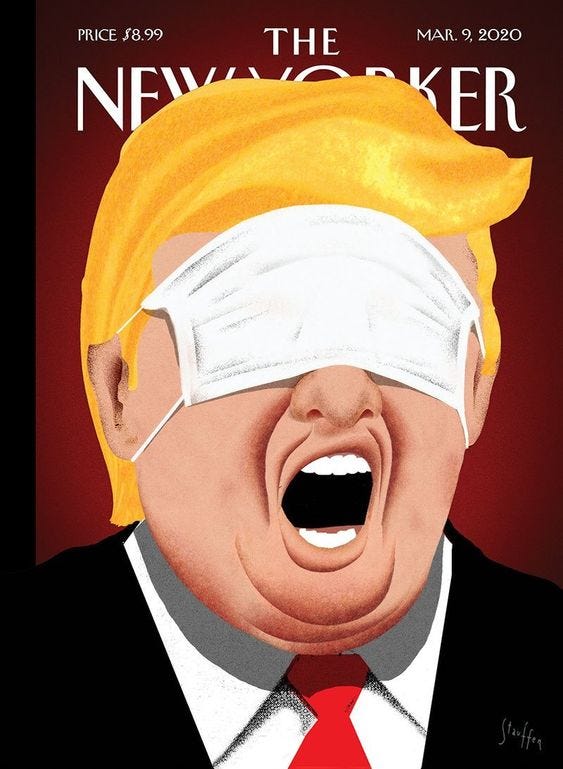Trump and Hitchens: What The Idiot Could Learn from the Savant
Written before the 2016 election.
Like celsius and fahrenheit, genius and stupidity can share fleeting moments of similarity. Christopher Hitchens and Donald Trump ostensibly appear dissimilar in almost every manner. The former is one of recent history’s most fervent proponents of reason, liberty, and intellectualism. The latter, however similarly disheveled and overweight, though, seems skeptical of, if not completely against, the three tenets of the enlightenment as aforementioned. Yet, surprisingly, they have much to learn from one another.
Your correspondent is often perturbed by the ease with which Donald Trump would ascend to the presidency if he simply found a way to better express himself, articulate his worldview with a few more facts, grapple with the concept of a thesaurus. The core of Don’s message is built on the empirical reality that vast swaths of Americans feel left behind by modernity. The industrial belts and fly-over states comprise the lion’s share of his support, areas which really have seen tremendous declines in quality of life and access to opportunity. He will not fret over winning this demographic come November. But where he manifestly fails to garner support–the highly educated, black, latino, XX chromosome–he fails to moderate his message, to scale back the rhetoric in pursuit of the center. This is the common narrative for a possible Trump presidency, that the only way he can win is by moving to the middle. And yet, I probe, what if he were to remain exactly where he is ideologically, but simply intellectualize his arguments in order to appeal to what he would label the Upper-Echelon Elite?
I mentioned Christopher Hitchens before because he was the master of advocating unpopular positions with watertight logic and irrefutable authority. The two examples which come to mind are his takes on the Iraq War and Mother Theresa. With regards to the former, he was a steadfast proponent of Bush and his unilateral, expansionist response to 9/11, a position which he formulated in the brilliantly titled book A Long Short War: The Postponed Liberation of Iraq. For Hitchens, the war was justified based on clear and obvious transgressions of international law (harboring terrorists, flagrant disregard for human life) perpetrated by Saddam Hussein and his cronies.
But perhaps Hitchens’ greatest coup was his characterization of Mother Teresa as vindictive, opportunistic, and hellbent on fame and fortune at the expense of all she purported to help. A huge divergence from the common narrative, Hitchens explored her naked opportunism in what is, in my opinion, the aptest book title in all human affairs: The Missionary Position: Mother Teresa in Theory and Practice. Here, Hitchens plays the iconoclast once again by arguing that The Saint had only herself in mind as she performed baptisms on the dying without their consent, and operated her hospices with, “austerity, rigidity, harshness and confusion.” Whatever your political or religious persuasion, there’s no denying that Hitchens is remarkable in his ability to refute common narratives by grounding his arguments in observable fact, reinforced by delicious, colorful persuasive prose.
Christopher Hitchens expired at the hands of cancer in 2011. He would never know of a Trump presidential run, and Trump, given his general aversion to literature of all sorts, has probably never heard of Hitchens. But underneath Hitchens’ brilliance, underneath his dedication to reason, his desire to see beyond how things are or should be, lies a potentially dark, sinister propaganda technique.
For, where would Trump stand if he imported a similar rationale, if he could prove intelligent as he refutes commonly accepted narratives–the lifeblood of his anti-PC campaign? If he spoke with just a modicum more intelligence on the Mexicans, The Walls, The Chinas, The Jobs, it’s not unreasonable to suspect that he could tap into what just might be, in this election at least, the golden formula: the marriage of anger and reason, the rationalization of the irrational.




